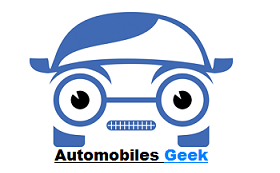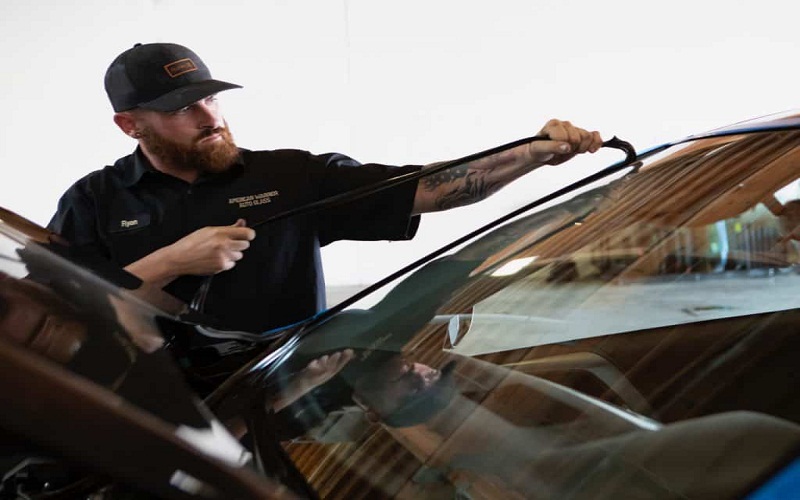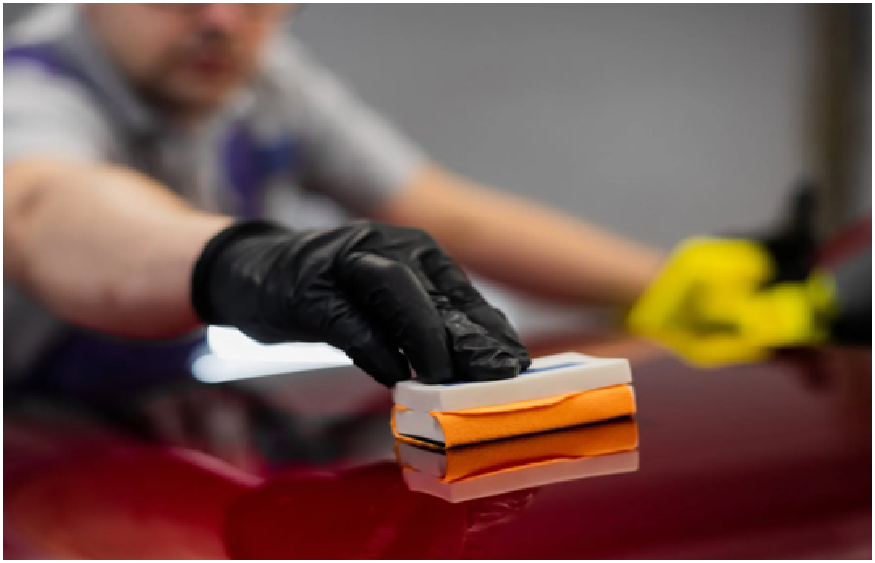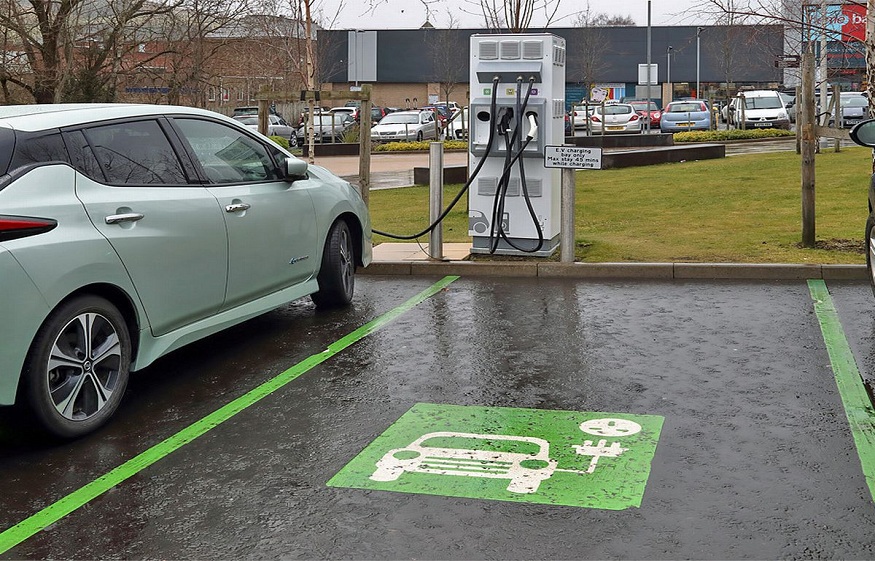Windshield Calibration: Why It’s Necessary After Replacement
When it comes to vehicle safety, the windshield is more important than many realize. Modern cars often have advanced driver-assistance systems (ADAS) that rely on sensors and cameras mounted on the windshield. After an auto glass replacement in Mesa, it’s crucial to ensure these systems are working correctly, which involves a process known as windshield calibration. In this blog, we’ll explain why it’s necessary to calibrate the windshield after replacement and how it ensures the safety and functionality of your vehicle.
Understanding Windshield Calibration
Windshield calibration refers to the process of adjusting and aligning the cameras and sensors that are part of your vehicle’s ADAS. These systems include features like lane departure warnings, adaptive cruise control, and automatic emergency braking. For these technologies to function accurately, the cameras and sensors must be precisely aligned with the vehicle’s specifications. Any misalignment, even by a fraction, can result in incorrect readings and potentially dangerous situations.
Why Calibration Is Necessary After Windshield Replacement
- Accurate Sensor Functionality: When a windshield replacement is performed, the positioning of the sensors and cameras may change, even if the new windshield appears to be identical to the original. This can affect the accuracy of the ADAS features. Calibrating the windshield ensures that all sensors and cameras are correctly aligned, providing accurate data to the vehicle’s systems.
- Ensuring Safety: ADAS features are designed to enhance driver safety by providing critical information and, in some cases, taking corrective actions. If these systems are not properly calibrated, they may not function as intended, putting the driver and others on the road at risk. Proper calibration after a windshield replacement helps maintain these safety features’ reliability and effectiveness.
- Legal and Insurance Requirements: In some regions, proper windshield calibration is not just recommended but required by law or insurance policies. For instance, after a windshield replacement service, it may be necessary to provide proof that the ADAS systems have been recalibrated to ensure continued coverage and compliance with safety regulations.
Types of Windshield Calibration
There are generally two types of windshield calibration: static and dynamic.
- Static Calibration: This process involves calibrating the sensors and cameras using specialized equipment in a controlled environment. The vehicle remains stationary during this procedure, and specific targets are used to align the ADAS components accurately.
- Dynamic Calibration: In this method, the vehicle must be driven on the road for the sensors and cameras to be calibrated. This process allows the ADAS systems to align and adjust in real-time to actual driving conditions, ensuring optimal functionality.
Some vehicles may require both static and dynamic calibration to ensure complete accuracy.
Choosing the Right Service Provider
Not all auto glass service providers are equipped to handle windshield calibration. It’s essential to choose a qualified and experienced technician who understands the complexities of ADAS and has the necessary tools and equipment to perform the calibration accurately. If you’re looking for a windshield replacement in Mesa, ensure the service includes proper calibration to avoid any issues with your vehicle’s safety systems.
Conclusion
Windshield calibration is a critical step following a windshield replacement to ensure your vehicle’s ADAS features function correctly. Proper calibration helps maintain the accuracy of these systems, ensuring your safety and the safety of others on the road. Whether you require a windshield repair & replacement in Mesa or elsewhere, always choose a service provider who can offer complete calibration services.



